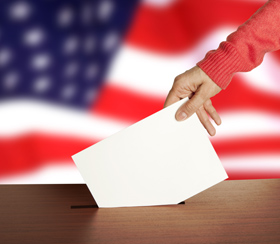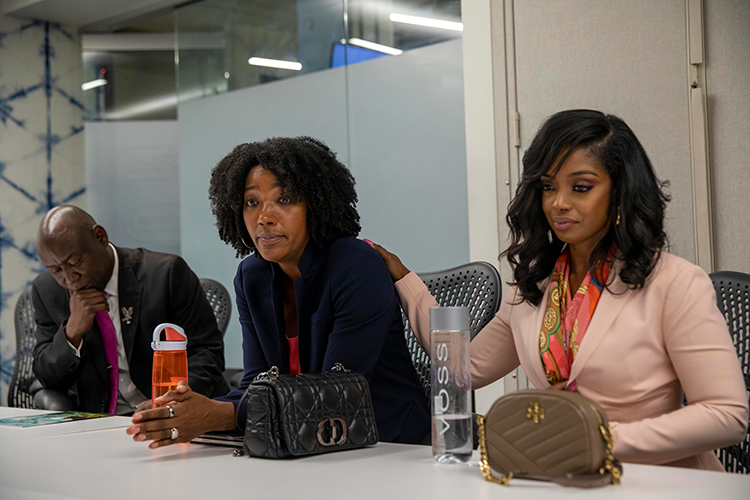Afternoon Briefs: Female topless ban upheld; is requiring stamp on mail-in ballot a poll tax?

Image from Shutterstock.com.
Judge upholds beach town’s female topless ban
U.S. District Judge James Bredar has upheld a ban in Ocean City, Maryland, on women exposing their breasts in public. Bredar, an appointee of President Barack Obama, found no equal-protection violation. “Whether or not society should differentiate between male and female breasts is a separate inquiry from whether it is constitutional to do so,” he wrote. Bredar noted that the 10th U.S. Circuit Court of Appeals at Denver has struck down a female-only topless ban. But Bredear said he was bound by a 1991 decision by the 4th U.S. Circuit Court of Appeals at Richmond, Virginia. That decision said localities may protect “the moral sensibilities” of those who do not “want to be exposed willy-nilly to public displays of various portions of their fellow citizens’ anatomies.” (The Associated Press, the Washington Post, Courthouse News Service, Bredar’s April 7 decision, with a hat tip to the Marshall Project)
ACLU suit says requiring postage on mail-in ballots is poll tax
The American Civil Liberties Union and the ACLU of Georgia have filed a lawsuit contending that election officials’ failure to pay postage on mail-in ballots amounts to an unconstitutional poll tax. The ACLU is seeking a preliminary injunction requiring officials to provide prepaid return envelopes for the ballots and for ballot applications. The suit, filed in federal court in Atlanta, says voters should not have to expose themselves to the COVID-19 pandemic just to get stamps for voting. (ACLU news release, Courthouse News Service, the April 8 lawsuit)
Judge expands felon voting-rights decision
U.S. District Judge Robert Hinkle has expanded a decision requiring the state of Florida to allow 17 ex-felon plaintiffs to vote under a state constitutional amendment restoring voting rights. Hinkle had ruled in October 2019 that the state can’t bar the plaintiffs from voting just because they are unable to pay fines and other costs. His decision was upheld on appeal. Now, Hinkle says he will certify the case as a class action covering possibly hundreds of thousands of ex-felons in the state. (Press release by the Florida Rights Restoration Coalition, the Orlando Sentinel, with a hat tip to the Marshall Project)



